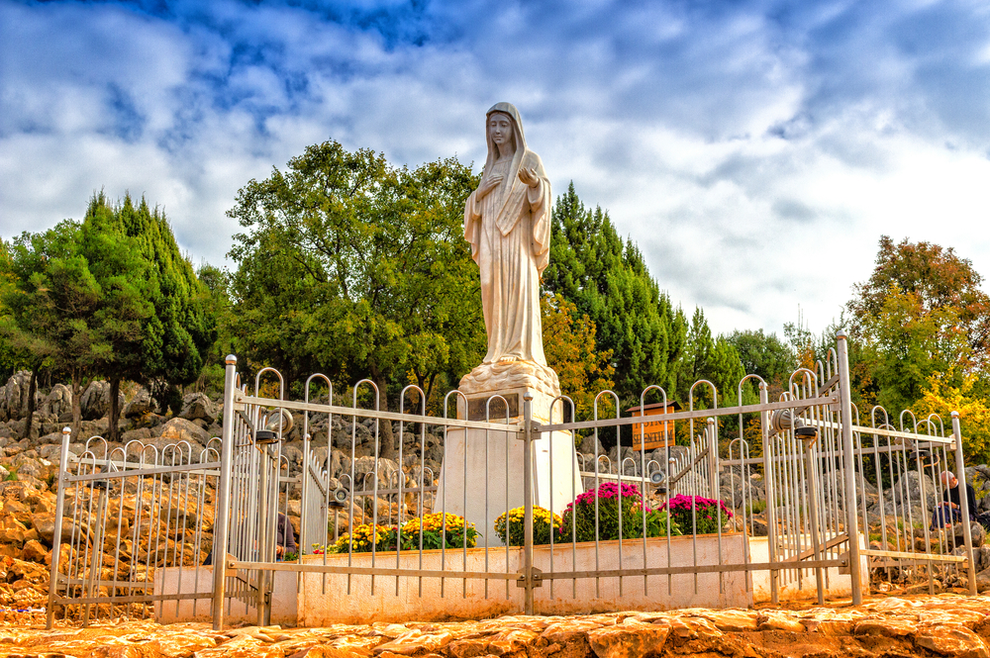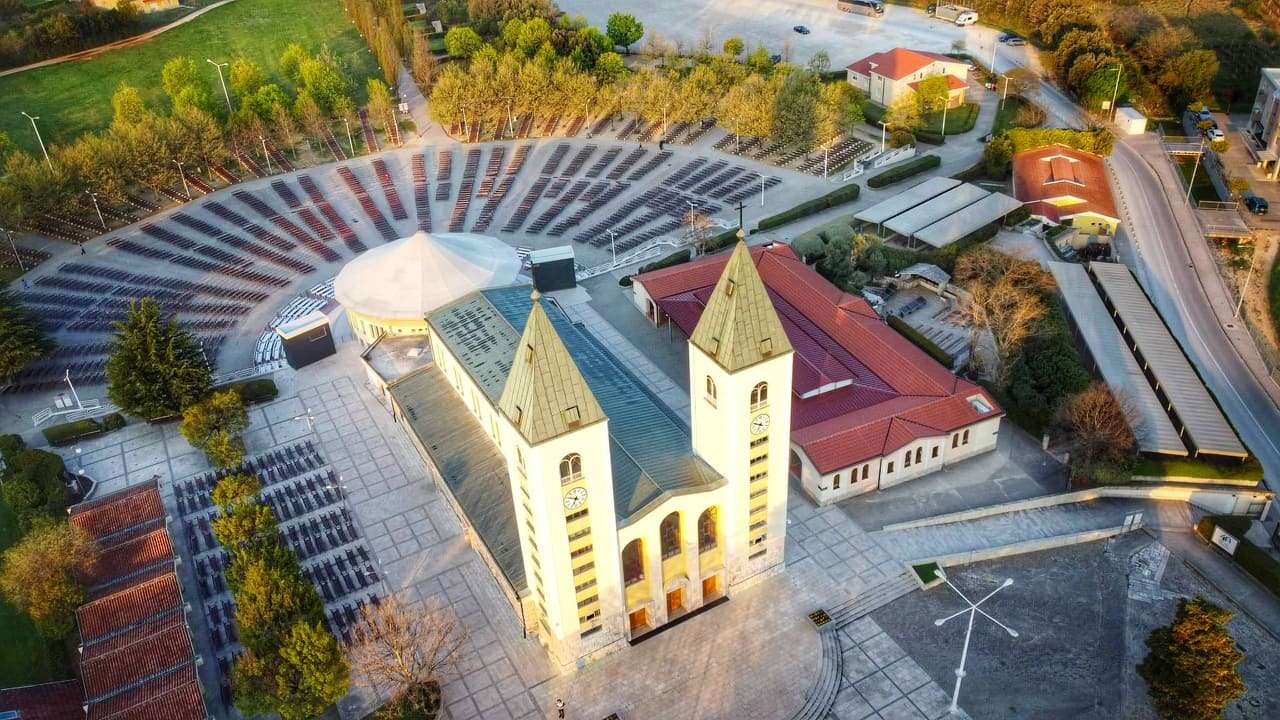History of a Spiritual Landmark
Nestled in the hills of Herzegovina, Međugorje rose to international prominence in 1981 when six local children reported visions of the Virgin Mary. Since then, this quiet village has become one of the most visited Catholic pilgrimage sites in the world. But even before its modern fame, Međugorje held deep spiritual and cultural roots in the region's rural and religious traditions.
The surrounding landscape, with its modest hills and vineyards, reflects a timeless simplicity that complements the spiritual nature of the town. Stone farmhouses, village chapels, and humble pathways remain much as they were decades ago, offering visitors a sense of calm and authenticity. For many, Međugorje is not just a destination—it is a place of reflection, prayer, and peace that continues to inspire faith and transformation.
It was a place where rugged nature met resilient life. Local traditions, many rooted in Slavic and Mediterranean heritage, flourished in harmony with the landscape. The isolation and altitude of Biokovo gave rise to a unique way of life that still echoes in the region’s stone architecture, folklore, and seasonal festivals. Today, Biokovo stands not only as a geological marvel but as a living monument to generations who found refuge, inspiration, and identity among its peaks and valleys.


Activities at Biokovo
Climb Apparition Hill (Podbrdo)
Walk the steep path to the spot where the Virgin Mary was first reportedly seen.
Visit St. James Church
The heart of the town and spiritual gatherings.
Explore the Blue Cross and Cross Mountain (Križevac)
Hike to spiritual landmarks and enjoy panoramic countryside views.